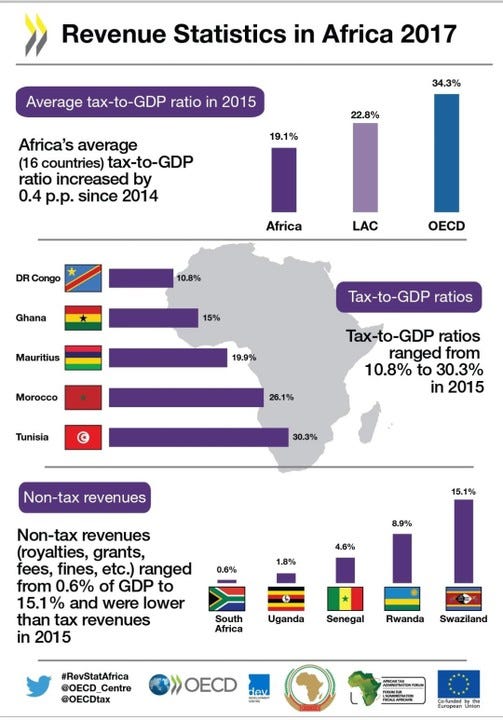Businesses in Nigeria will adjust to the new 7.5% VAT regime on February 1st, 2020. Nigeria’s Minister of Finance, Budget and National Planning Zainab Ahmed says the implementation of Value Added Tax (VAT) increase from five per cent to 7.5 per cent will take effect from that date.

“We planned that going forward, the annual budget will always be accompanied by Finance Bills to enable the realisation of revenue projections.
“Future Finance Bills will, therefore, provide us with additional opportunities to incrementally improve the fiscal policy and regulatory and legal environment.
“This is in order to further strengthen our domestic capital market, and ultimately ensure sustained and inclusive growth and development,” she said.
Here Is All You Need To Know
- Ahmed said this during the inauguration of the Chairman and Board members of the Federal Inland Revenue Service (FIRS) in Abuja on Thursday.
- The minister recalled that the Finance Act had also taken care of essential palliatives to support Micro, Small and Medium Enterprises (MSMEs) and mitigate the impact of VAT rate increase on the most vulnerable businesses, communities and citizens in the economy.
- While inaugurating the board, the minister urged the new board to ensure the steadfastness of the service in meeting non-oil revenue targets to accelerate the nation’s development.
- Ahmed said the board was saddled with various responsibilities, including the supervision of the FIRS.
- In his remarks, the FIRS Executive Chairman, Mr Muhammad Nami, said the new board had dedicated itself to the task at hand as the nation was looking up to the service, to provide a leeway out of the present economic crunch.

“As a tax administrator and custodian of the Nigerian tax system, we have the responsibility to the nation to implement all tax policies and laws in a manner that would ensure optimal benefits to the nation.”
- According to Nami FIRS had a duty to strengthen, withstand and overcome the challenges that were ahead of it.
- He therefore pledged to rebuild the FIRS institutional framework, robust collaboration with stakeholders, build a customer taxpayer centric institution and data-centric institution.
- He also said the board intended to achieve this through building staff capacity for service delivery and close all lien cases in order to build new enforcement strategies.
Charles Rapulu Udoh

Charles Rapulu Udoh is a Lagos-based lawyer who has advised startups across Africa on issues such as startup funding (Venture Capital, Debt financing, private equity, angel investing etc), taxation, strategies, etc. He also has special focus on the protection of business or brands’ intellectual property rights ( such as trademark, patent or design) across Africa and other foreign jurisdictions.
He is well versed on issues of ESG (sustainability), media and entertainment law, corporate finance and governance.
He is also an award-winning writer.
He could be contacted at udohrapulu@gmail.com
